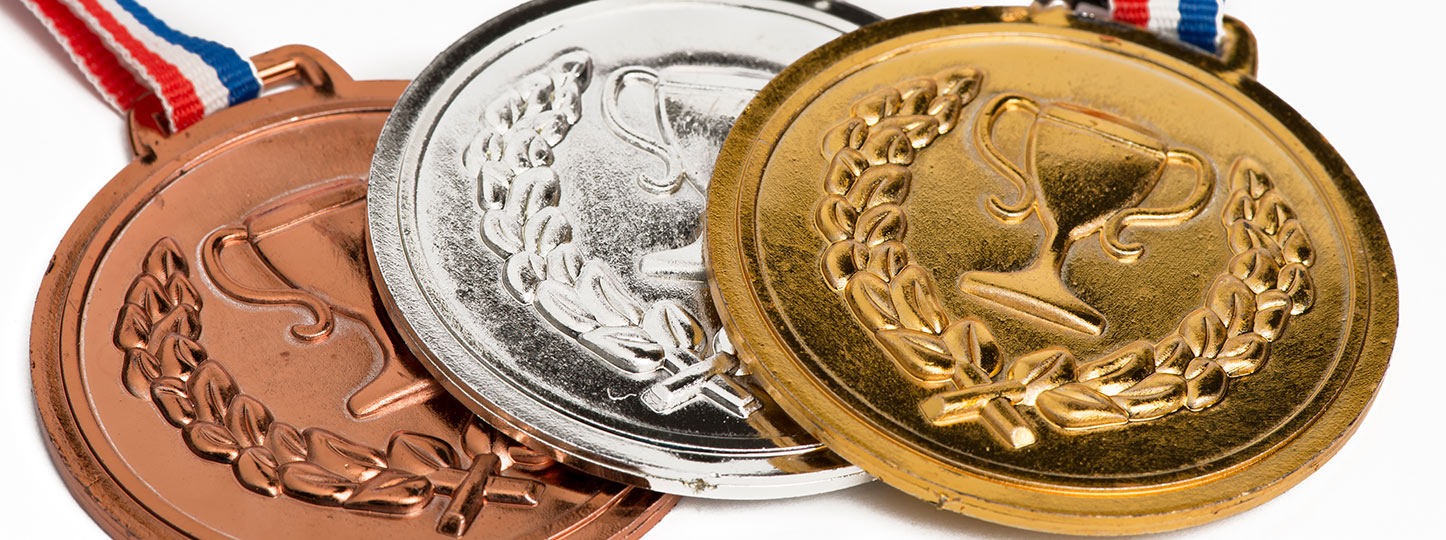
RMIT experts available for comment on the upcoming Tokyo Olympics
Experts from RMIT University are available to talk to media about the Olympics and why jetlag is a little-known factor in athlete performance and the business of major sporting events.
Dr Stephen Jasper (+61 410 479 974 or stephen.jasper@rmit.edu.au)
Topics: jet lag and the Olympics, jet lag and performance, circadian rhythm and work performance
“Jet lag could be the difference between winning gold and silver at the upcoming Tokyo Olympics when performance is measured in fractions of a second.
“That’s good news for Aussie athletes given we’re in a close time zone to Japan and it could result in two extra Australian gold medals.
“Given many competitors aren’t entering Japan until just days before the Games because they won’t be quarantining, athletes coming from a close time zone will be at an advantage.
“Australian athletes should feature strongly in the medals given there’s only an hour’s difference between Melbourne/Sydney and Tokyo. In contrast, Team Australia did badly at Rio, which is 11 time zones out from the east coast and 13 from WA. You’re also flying east to get to Rio, which is traditionally harder than west.
“Competitors from China and South Korea will also have an advantage in Tokyo and expect this to be reflected in the medal tallies.
“Europe, the UK and the US will be at a disadvantage, given athletes have bigger time zones difference to overcome and little time to acclimatise.
“Russia will be an interesting case study if their athletes train somewhere in the far east of the country such as Vladivostok, which is very close to Japan.”
Dr Stephen Jasper is an academic at the Graduate School of Business and Law at RMIT. His research looks at how time zone differences impact on team performances, with a particular interest in the effects of jet lag on medal counts at the Olympics. Jasper also works as a consultant to the pharmaceutical industry.
Interviews: Dr Stephen Jasper +61 410 479 974 or stephen.jasper@rmit.edu.au
Associate Professor Con Stavros (+61 411 231 371 or con.stavros@rmit.edu.au)
Topics: Olympics, sport marketing, the return of sport, sport business, COVID-19 and sport
"The Tokyo Olympics are almost too big to fail.
"It's importance as a television, and streaming event is unquestionable and, while that commercial aspect is important, the nature of humanity being able to gather safely and successfully is perhaps the biggest story of 2021.
“If the Japanese organisers run a relatively smooth Games – and every indication is that they will – the signal to the world will be immense. It will do far more than any advertisement or political campaign for signalling our resilience and determination to move forward.
"It's understandable many Japanese remain hesitant about the Games. Uncertainty has been the defining feature of this pandemic and people around the world are generally far more tepid in embracing big sporting events than in previous decades.
"The Games present perhaps the biggest sporting challenge of all for a post-COVID world, given the influx of athletes and officials from around the world.
"My guess is that once the event begins, the local and global sentiment will swing positively right behind the Games, making the spectacle a moment more than memorable for all of us who have endured the pandemic and its consequences.
"That will be a benefit to humanity, not just the commercial sponsors looking to leverage their considerable investments.
"Local broadcasters are in for an especially good time, with ratings rising to what should be record levels given the Tokyo time zone makes live viewing appealing to fans eager to once again consume high-level sporting action."
Associate Professor Con Stavros is a leading expert in the marketing of, and through, sport. He is a regular media commentator, has published numerous books and articles on sport and is the former editor of the international journal Sport, Business & Management.
Interviews: Associate Professor Con Stavros +61 411 231 371 or con.stavros@rmit.edu.au
***
For general media enquiries, please contact RMIT: +61 439 704 077 or news@rmit.edu.au
Acknowledgement of Country
RMIT University acknowledges the people of the Woi wurrung and Boon wurrung language groups of the eastern Kulin Nation on whose unceded lands we conduct the business of the University. RMIT University respectfully acknowledges their Ancestors and Elders, past and present. RMIT also acknowledges the Traditional Custodians and their Ancestors of the lands and waters across Australia where we conduct our business - Artwork 'Sentient' by Hollie Johnson, Gunaikurnai and Monero Ngarigo.